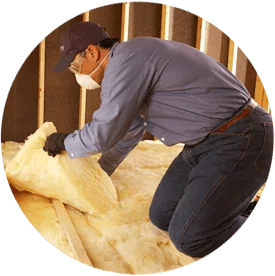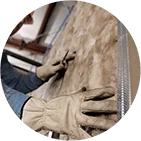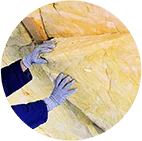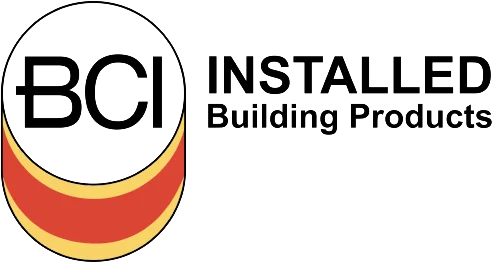- 1314 Shilo Drive, Nampa, ID 83687
- |Contact Us
Frequently Asked Questions
Insulation FAQs
Insulation is a material that stops the transfer of heat and helps increase the energy efficiency of your home. In the summer, it stops warm air from leaking in, and during the winter, it helps heat stay in your home rather than escaping out. How insulation stops heat depends on the type / material.
It’s best to talk to a professional insulation contractor about where to insulate in your home, but in general, your whole house should be insulated:
- Attic
- Basement
- Any crawl spaces in your home
- Interior and exterior walls
- And more
A few factors determine how much insulation you need to install, including:
- Where you live
- How old your home is
- Area(s) of your home you need to insulate
- And more
If you’ve ever talked to an insulation contractor, you’ve undoubtedly heard the term “R-value.” Basically, the R-value of a certain type of insulation refers to how effective it is at stopping heat transfer! The R-value depends on the material, thickness, and density of the insulation, and of course, installation (improperly installed insulation is almost like having no insulation at all!). Read more about the R-value of insulation »
Batt insulation comes in pre-cut panels, and is one of the most common forms of insulation available. It resembles a blanket. “Blow-in” refers to a method of installation—blown-in, or blow-in, insulation is installed with a special blowing device. Blown-in insulation comes in loose-fill form and because of this, better fits irregular and hard-to-reach areas. Read more about batt vs. blown-in insulation »
One of the most commonly installed types of insulation, blanket insulation comes in the form of batts or rolls. Batt insulation is available in pre-cut panels. Roll insulation comes with and without facing, and continuous rolls can be cut and trimmed to fit the space you need to fill. Batts and rolls are often made of fiberglass but can also be made from mineral (rock and slag) and other materials.
Blind and Shutter FAQs
Window blinds feature adjustable louvers to control the light and privacy in a room. They are available in different materials, colors, styles and sizes. Similar to blinds, plantation shutters function the same way and come in a variety of materials, colors, styles and sizes. Plantation shutters have larger, wider louvers than traditional shutters and tend to be a little thicker than blinds.
Faux wood blinds offer a number of benefits. They are:
- Affordable without compromising aesthetics
- Durable
- Low-maintenance
- Energy-efficient
- Environmentally friendly
The overall cost of your project will depend on a few factors, two main ones being the material and the number (and size) of windows you need blinds for—but according to HomeAdvisor, the national average cost of blind installation (based on more than 1,200 cost profiles) is $668. The majority of homeowners spent between $226 and $1,116. Learn more about the average cost of blinds »

Our insulation team adds energy efficiency, comfort and value to new and existing homes.

Big City Insulation of Idaho is a leading installer of commercial fiberglass, rigid board and rockwool insulation.

Big City Insulation of Idaho provides home insulation removal services.






